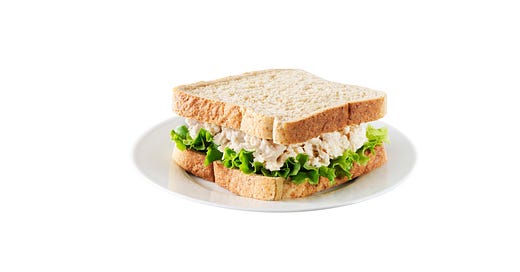She didn’t know what had possessed her to participate in such a thing.
We don’t find out until the second sentence of “Chicken Hill” that the name of the person who didn’t know what had possessed her to participate in such a thing is Ruth. The name gets slipped into the second sentence as inconspicuously as the name of the biker bar where the “thing” happened that this Ruth participated in. In fact, even as it diverts attention from itself, this opening sentence of “Chicken Hill” is a miracle of withholding, Something possessed an unnamed she to participate in an unnamed thing. It’s easy to forget that this is where the story starts, just as it’s easy to overlook the deft use of past perfect—“what had possessed her”—that Joy Williams sneaks in.
By the time we get to the second sentence it’s as if we think we know who Ruth is, what Ruth is, maybe most importantly where Ruth is when she is thinking this thought: that’s what fiction makes us do, that’s its elusive force, that it can make us think it’s safe to assume Ruth is someone, somewhere. Even if we don’t know where that somewhere might be, it has to be in the same town as the biker bar, though probably in a less alarming part of it. The story, with the blithe assumption of forward motion that characterizes narrative and human life, is underway. The thing Ruth attended was a memorial fund-raiser for a little boy named Hector who was run over by a sheriff’s deputy. The details in the opening paragraph are plentiful: Ruth puts thirty dollars toward funeral expenses in an empty terrarium, she is given a plate with a tamale on it, someone outside is providing pony rides. All the trappings of the material world, and yet.
Keep reading with a 7-day free trial
Subscribe to Book Post to keep reading this post and get 7 days of free access to the full post archives.



